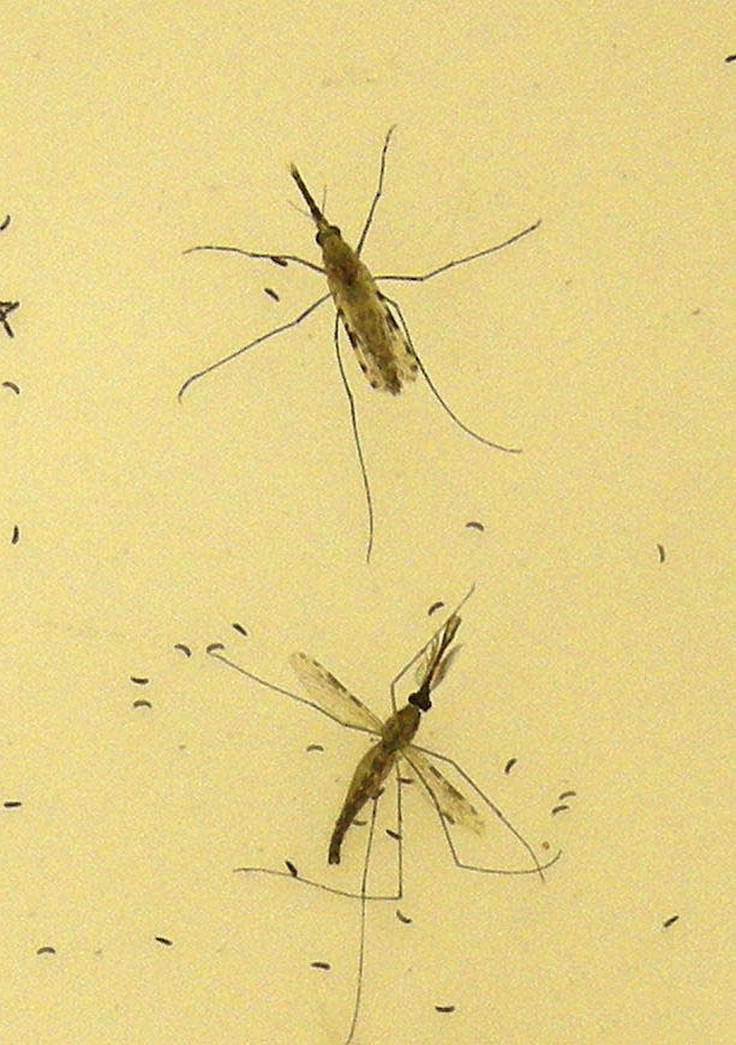Stem Cells Show Promising Results In Treating Malaria

Human stem cells engineered to produce renewable sources of mature, liver-like cells can be grown and infected with malaria to test potentially life-saving drugs, new research from the Massachusetts Institute of Technology has shown. The liver-like cells, or hepatocytes, were manufactured from stem cells derived from donated skin and blood samples. The resulting cells provide a potentially replenishable platform for testing drugs that target the early stage of malaria when parasites may linger and multiple in the liver for weeks before spreading into the bloodstream.
Sangeeta Bhatia, a biomedical engineer and senior author of the study, said that the breakthrough not only showed that these liver-like cells could host a malaria infection but also described a way to mature young cells so that an adult-like metabolism, necessary for drug development, could be established. The study is published in the journal Stem Cell Reports.
Stem cells retain the genetic makeup of the donors, affording researchers the potential to test drugs against a large variety of genetic types and a variety of diseases. This allows the researchers to explore in depth how different diseases affect different people, in this case, malaria. This also enables the discovery of new drugs. Before this development, researchers tested new drugs on human liver cells from cadavers and cancerous liver cells. This is not the same as having healthy liver cells to perform studies on.
Malaria is caused by parasites transmitted through mosquito bites. It causes fever, chills and other flu-like symptoms. It can be fatal if not diagnosed and treated on time. Usually, malaria is prevented with mosquito repellants and mosquito nets. The advancement from MIT has come at a time when malaria, which kills nearly 600,000 people every year, is showing increased resistance to current treatment, especially in South Asia, according to the World Health Organisation.
To contact the writer, email: sonali.raj@gmail.com





















